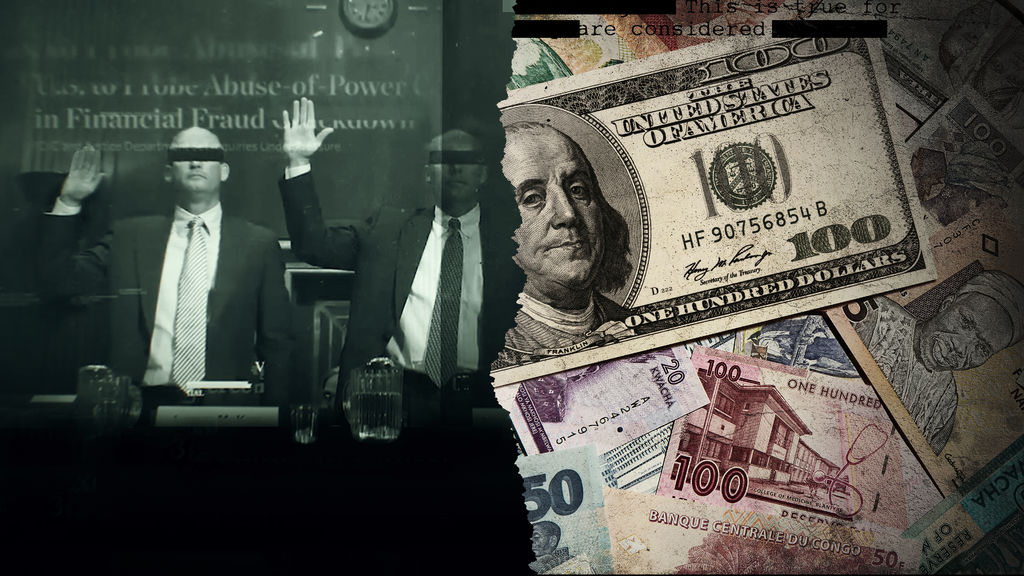Hate the Patent Game, Not Valeant

Netflix’s new series, Dirty Money, recently aired an episode on Valeant, a pharmaceutical company that has faced numerous investigations and legal suits over monopoly pricing. Valeant’s strategy has been to buy smaller pharmaceutical companies, dismiss the research-and-development departments, and jack up prices of patented medicines to maximize profits.
The creators of Dirty Money, however, have failed to interpret the significance of profits in an economic system. What in fact seems to be a case against capitalism, is actually a case against patent monopolies.
Menger’s Insight
The most important insight from 19th-century economist Carl Menger is the principle of consumer sovereignty: businesses can only earn profits by serving consumer needs. In effect, a profit is a proof of consumer preference, and profits are the surplus earned from the prices paid by consumers over the prices paid for inputs.
No customers, no profits. It is as simple as that. Moreover, when profits are high, producers and investors step in and compete, which leads to lower prices.
Going back to Valeant, how can we reconcile the harsh criticism on Valeant’s executives (mainly controversial CEO Michael Pearson) and Valeant’s business practices with their consistently high profits? It boils down to the lack of competition, which leads to monopoly profits, exorbitant in the eyes of the public and consumers.
Monopoly Profits
Valeant simply bought existing, patented medications. A patent is essentially a temporary monopoly. Nowadays, US drug patents tend to last 20 years, although many of those years are lost in the process of getting FDA approval of the drug. The life of patents is, however, often extended through legal means (for instance by using the 1984 Hatch-Waxman Act). Patents allow Valeant, and other drug sellers, to charge monopoly prices and limit supply.
Valeant clearly figured out the potential profits to be earned from charging monopoly prices. Since the demand for these drugs was inelastic, Valeant could restrict supply and sell the remainder at astonishingly high prices. For example, a report by the US Senate committee on drug prices revealed that Valeant increased the prices of Cuprimine and Syprine from roughly $500 to $24,000 for a 30-day supply, a 48-fold increase.
Little Innovation Despite Patents
Why then did Valeant tend to weed out research departments? An annual survey by Deloitte on pharma R&D investment shows that the world’s 12 largest drug companies are making a 3.2 percent return. That is not much, particularly given that this return is based on expected future revenues that may never materialize. In this sense, Valeant was providing a valuable service to society.
CEO Michael Pearson actually made a solid point about the effectiveness of drug R&D. The returns on drug R&D have been astonishingly low. His strategy to simply buy the patents and get rid of R&D made perfect sense.
In fact, the current patent system impedes innovation by preventing the use of previous innovations. Innovation does not come out of a vacuum. Ideas are built on ideas, and if we impede the free flow of ideas, we sacrifice the development of novel ideas.
Now, in the absence of a third-party payer, the increase would fall on (sick) customers, who would simply be forced to stop taking the drug, limiting the potential monopoly gains. In the Valeant case, however, third-party payers (insurers) had previously agreed to cover these illnesses. As a result, insurers saw themselves forced to raise premiums and socialize the price increases over their entire base of insurance holders. Hence, in addition to patent monopolies, the current healthcare system has enabled Valeant’s monopoly strategy to be blown out of proportion.
Blame the Player or the Game?
The documentary unfortunately focuses on the players instead of the rules. One interviewee regrets that sometimes there is a divide between “what is good for investors and what is good for society.”
However, investors are hardly to blame. They simply allocate capital to what they believe to be the most profitable lines of business. This can hardly be considered harmful for society and is actually of great benefit to society. People like Bill Ackman—one of the most outspoken investors in and defenders of Valeant—coordinate society. They punish businesses that waste scarce resources on things people do not want, and they reward businesses that create added value. Profits are fundamentally proof of greater economic coordination and therefore greater societal wellbeing.
With patents, however, the story changes. Profits are no longer earned by improving the wellbeing of individuals, but rather by extracting monopoly rents. Even so, perhaps we shouldn’t blame Pearson or Ackman too much, but rather the current patent system. Given the system, we are bound to end up with another culprit at some point in the future with some different name.
The episode ends with the question: “how much of what they [Valeant] did was legal and how much was illegal?” The response? “I don´t think we could find anything that was illegal.” A clearer-cut case for incentives could hardly exist. Let’s fix patents and leave capitalists to better our lives.










